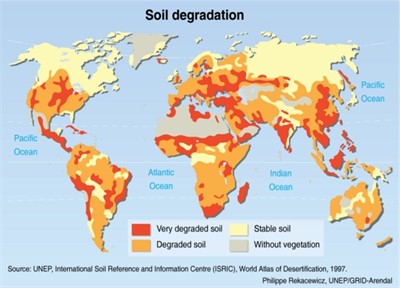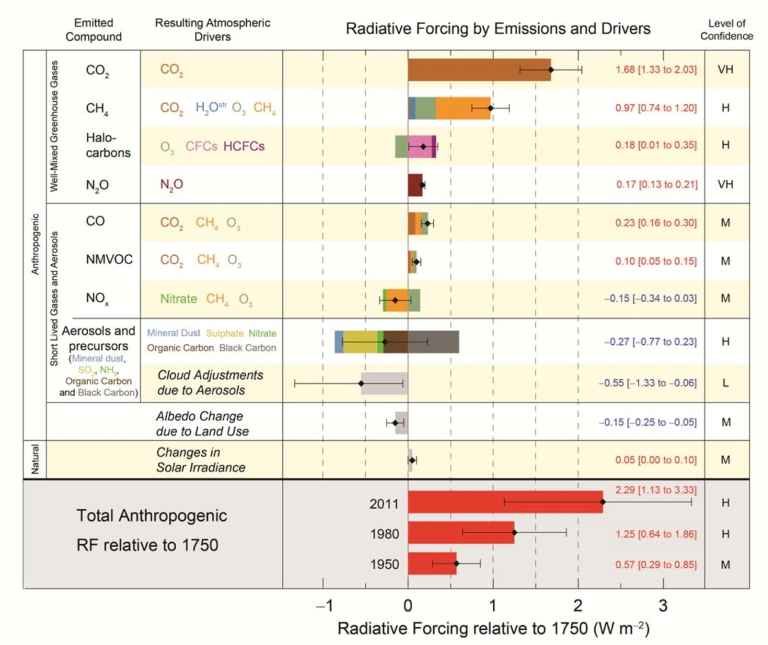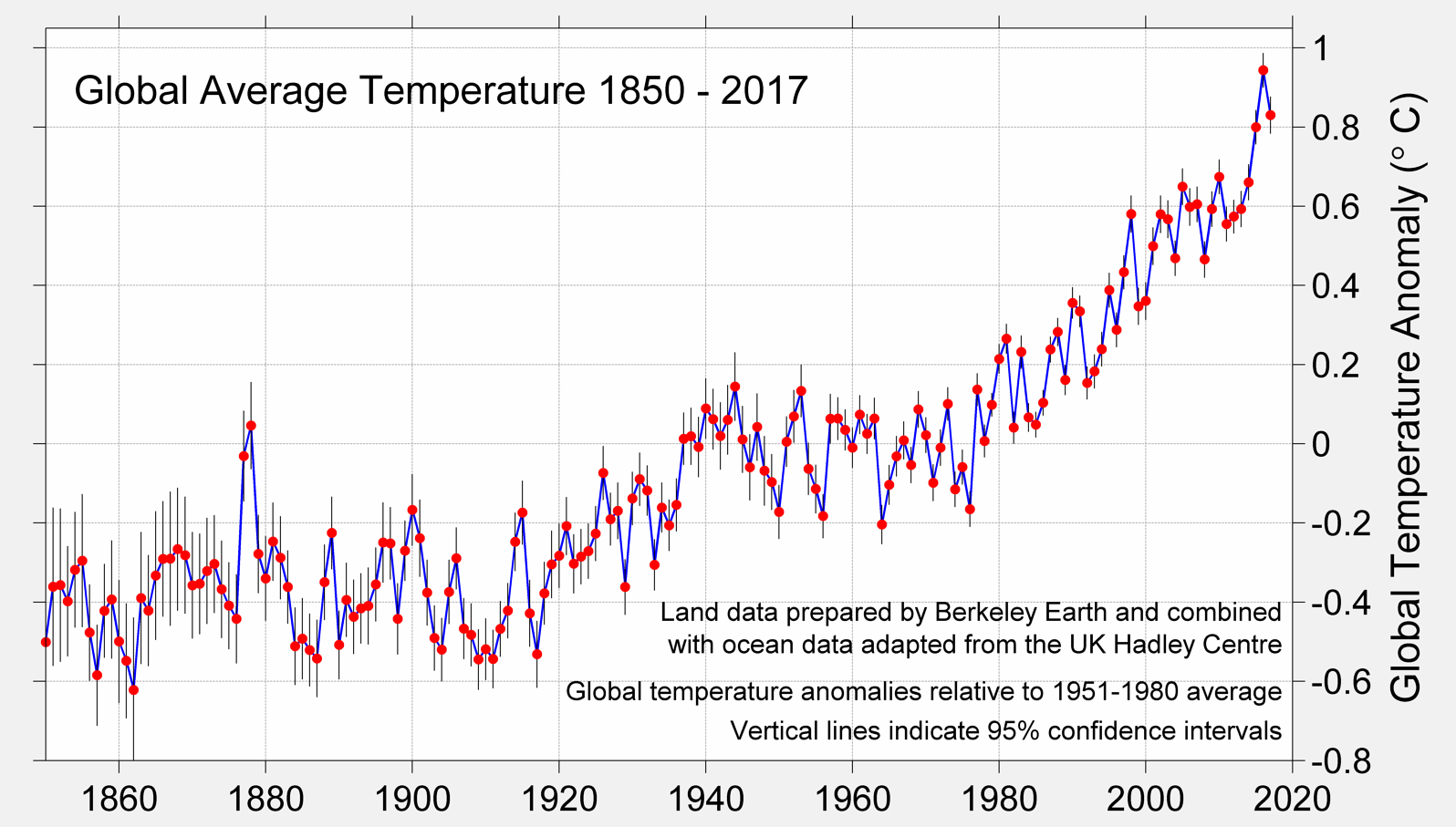When Al Gore was born there were 7,000 polar bears. Today, only 26,000 remain.
Timeline of evolution:
https://imgur.com/a/jfFXj
How warm can the Earth get?
3,600°F. This is the mean global temp. from the earth’s earliest days. Even after the Hadean period, and the planet had tens of millions of years to cool, surface temperatures were more than 400°F.
-"Humans can't survive these temperatures? Why mention it?"
It debunks the climatological "Point of no Return”. The earth was able to cool itself from a far higher temperature than humans could ever produce.
-"Have humans warmed the earth more than it has ever been warmed before?"
No. From 600 myo to 800 myo, during the Neoproterozoic era, the earth had sea ice down to the equator. Geologists reason that volcanoes brought the earth out of this ice age to mean global temperatures of 90°F. (The average today is 60°F.) Nature was 100% responsible for this massive mean temperature rise with no human activity. This means that natural global warming is far more devastating than human activity.
-"So the earth is a dick to itself and the point of no return is nonsense. But what is the warmest the earth has been since after the dinosaurs?"
73°F. (Remember the average today is 60°F.) That was the average temperature during the PETM which occurred 56 myo. During the PETM, the poles were free of ice and palm trees and crocodiles lived above the Arctic Circle. The Mesozoic era —age of dinosaurs- saw even higher mean temperatures.
Unanswered questions of Climate Science:
If the polar ice caps are melting then why is Antarctic sea ice growing?
(
https://www.nasa.gov/sites/default/files/antarctic_seaice_sept19_1.jpg) Why is only the northern polar ice cap melting?
If the #1 cause of climate change is livestock bowel movements then why do regulations target fossil fuels?
How did life thrive in a warmer world and what can we learn from these periods?
If the globe is able to recover from climate change then why should we worry about this in the long term? We aren't doing permanent damage to the planet.
If climatology is an exact science then what is the effect of 1 ton of CO2 or CH4 on mean global temperature?
What % of climate change is caused by humans?
What % of humans will die from climate change? What % of Americans will die?
Climate science cannot answer any of these questions, yet. The public gives climatologists the Last Say on public policy but they are not gods. The mean temperature has not been warming for 15 years. Pacific cooling, which was predicted by 0 computer models, has balanced out the rising north sea temp.
The IPCC's latest report shows that in the next 100 years sea levels will only rise by 2 meters and temperature will rise by 4-7 C and then go into a period of cooling. Humans are perfectly capable of moving a little further away from the ocean and wearing fewer sweaters.
The USA will be relatively unaffected by climate change. I live on the Great Lakes which is projected to
lose 2.5 meters of sea level by 2100. As the temperature increases so does evaporation. The Great Lakes will also insulate the USA from droughts.
-"But Global Famine!"
I am a farmer. When Global Famine hits then food prices will soar and I will become wealthy. The USA won't take climate refugees so we should be fine.
My personal preference (or bias for the cynics) is nuclear. The IPCC recommends that all nations double nuclear output by 2050. France supplies 39% of its country on nuclear power.
Nuclear is safer than Solar.
Solar energy kills .44 people/TWh
Nuclear kills .04 people/TWh.
This is because a lot of people die from falling off of roofs while maintaining their solar panels.
Nuclear energy is also cheaper than Solar.
Nuclear energy costs .02 $ per Kwh
Solar costs .12 $ per Kwh or six times as much!
Do you want to pay six times as much for an energy source that kills more people?
If we stop discovering new fossil fuels and new technology then we will run out of fossil fuels in 110 years.
As someone who has lived for 19 years less than 11 miles from a nuclear power plant, I am confident nuclear is the future. Unfortunately, investments for nuclear have been sidelined for solar and wind based on public hysteria.
I firmly believe that as fossil fuels run out the debate will become Nuclear vs. hysteria rather than fossil fuels vs. green energy. If that happens then nuclear will win.






